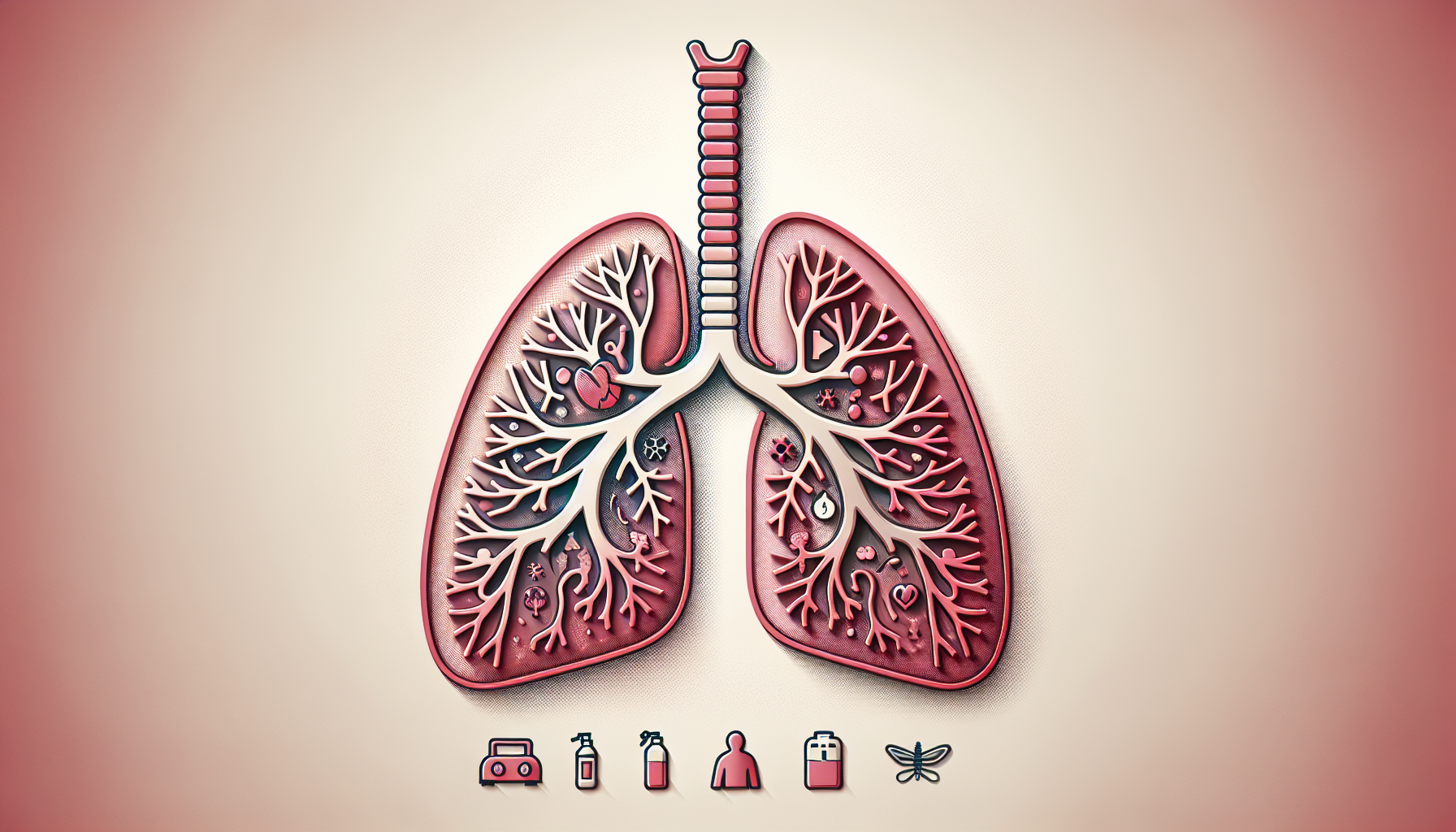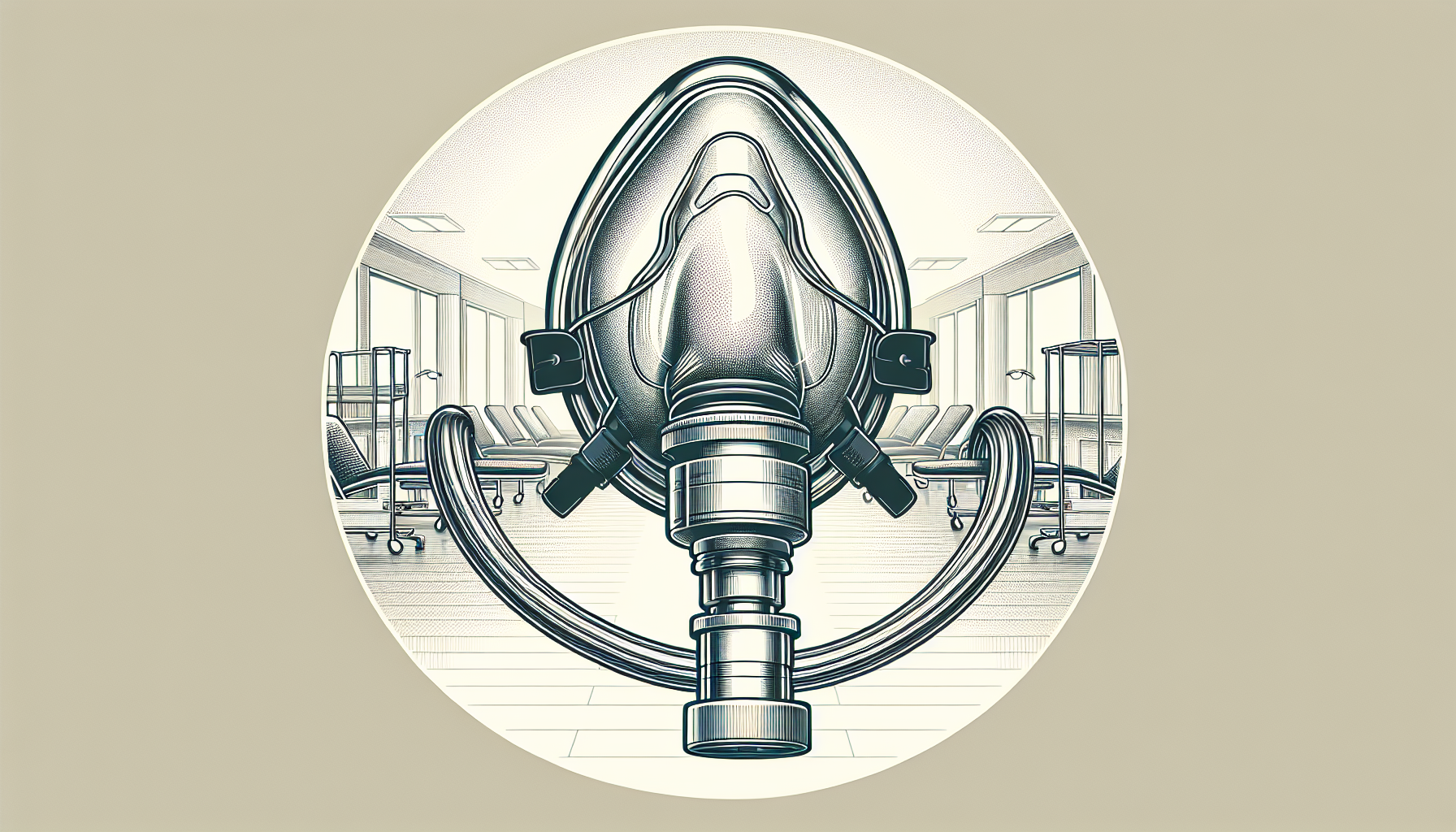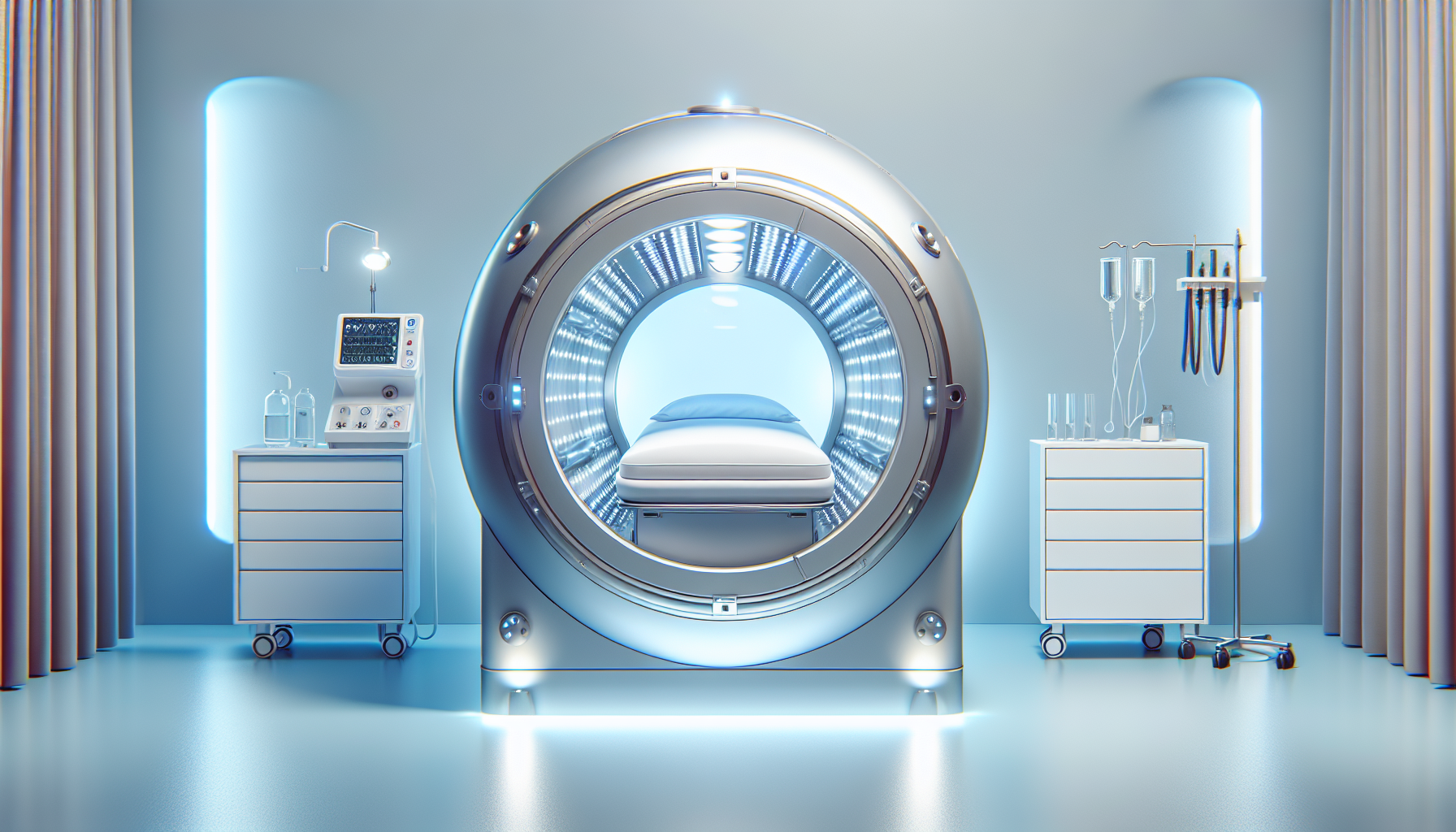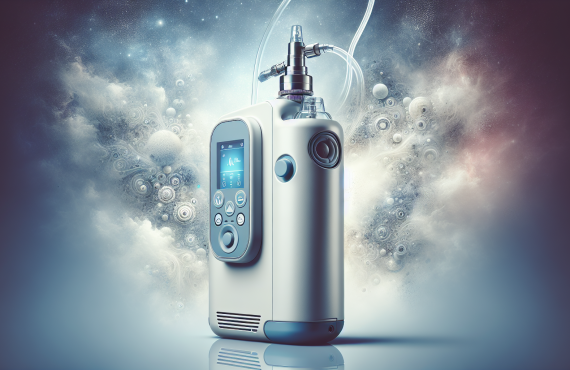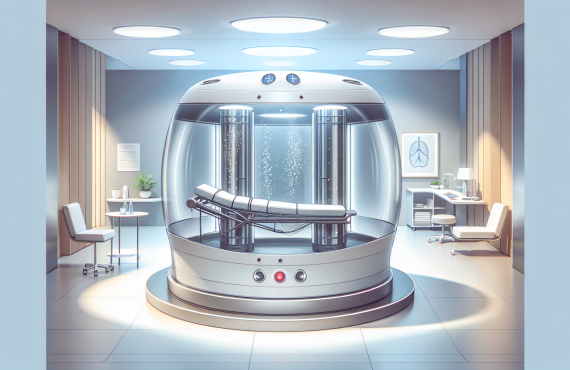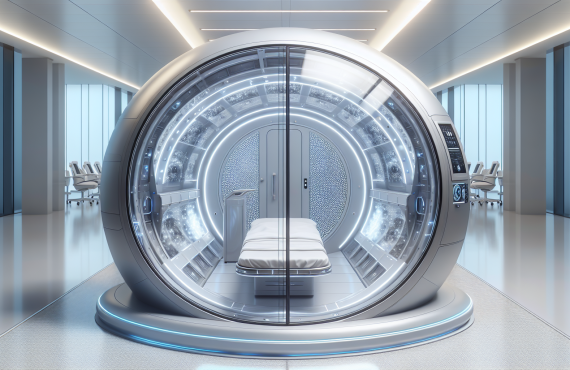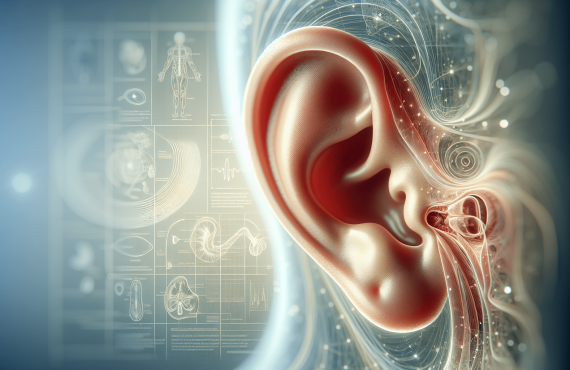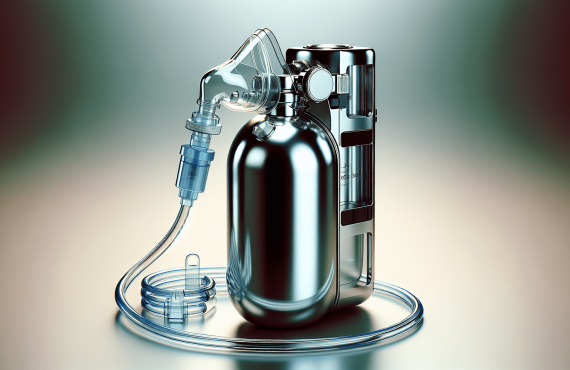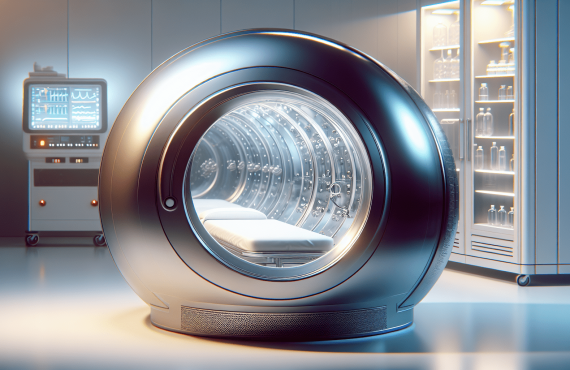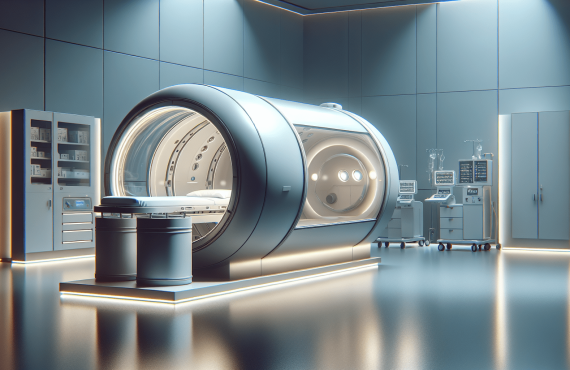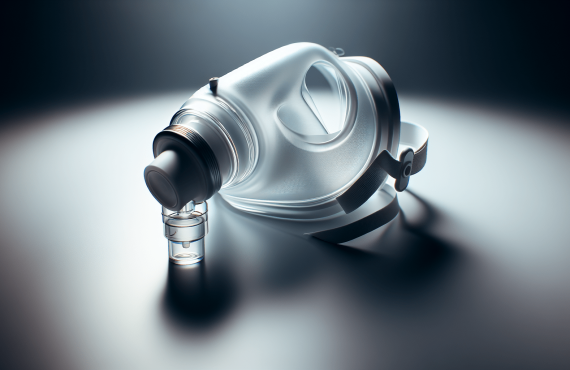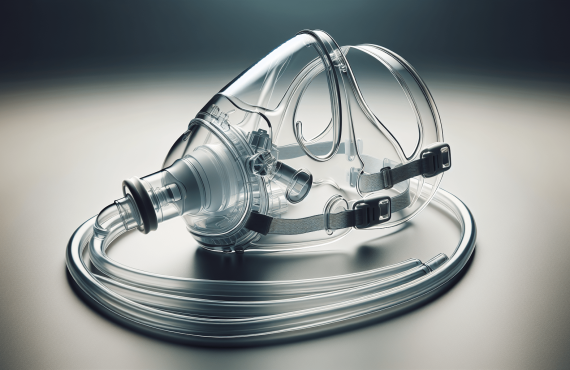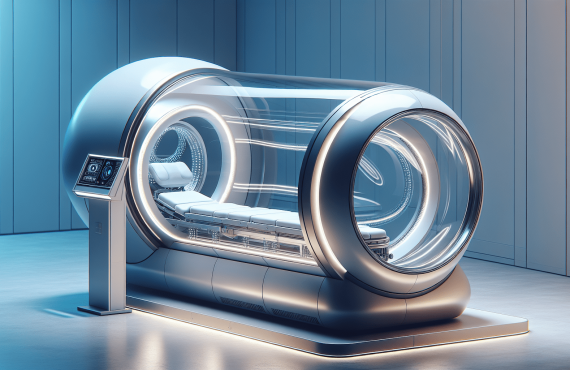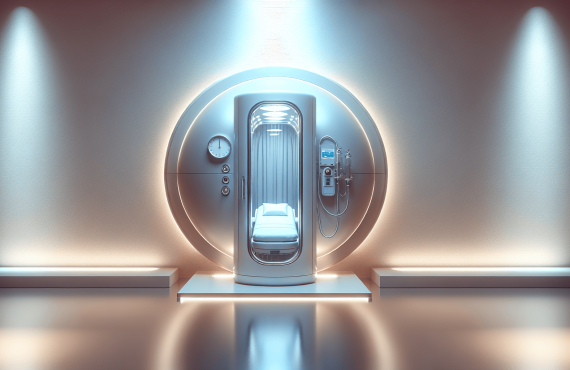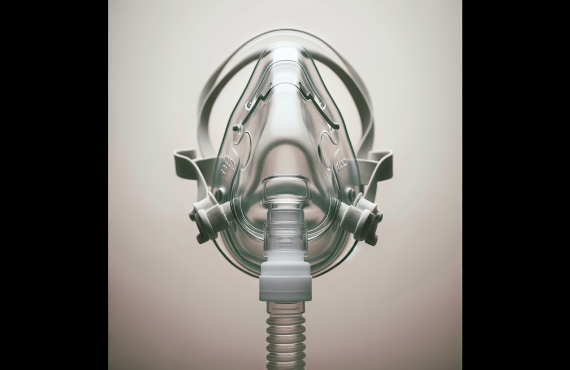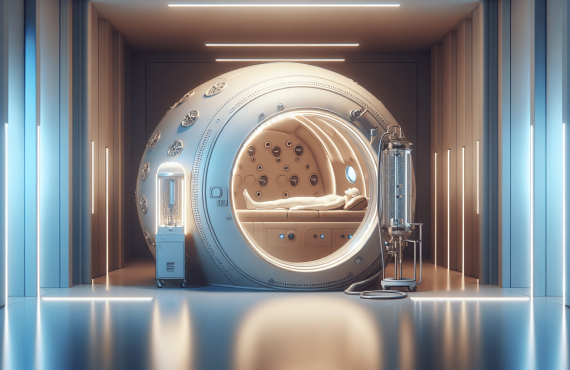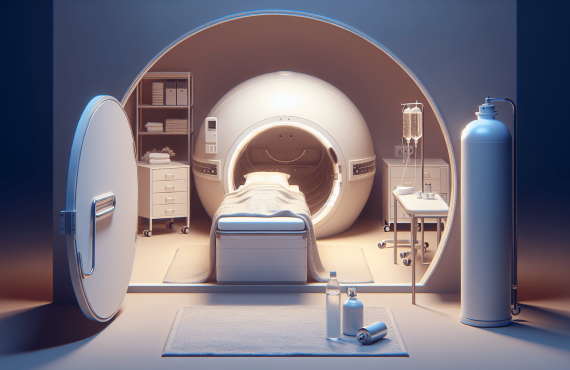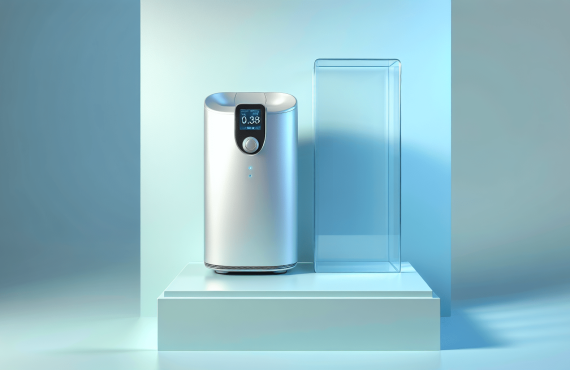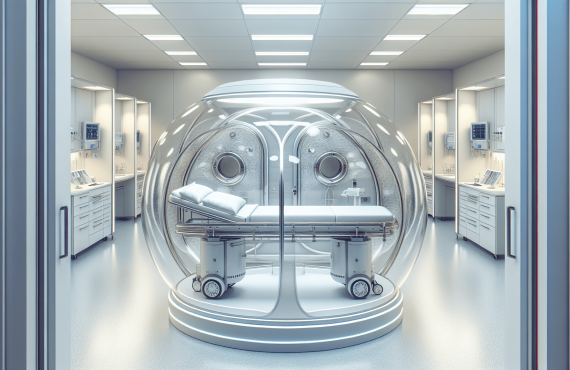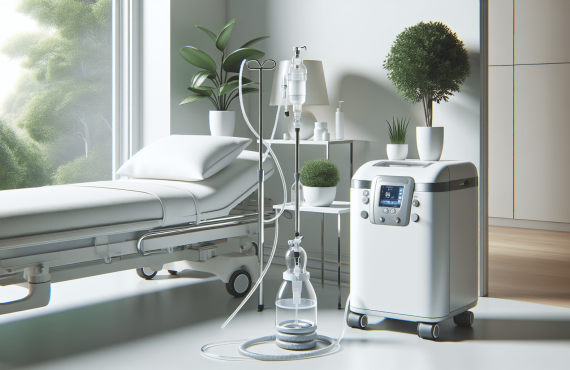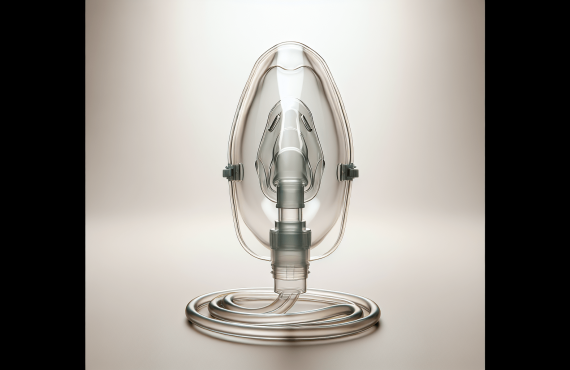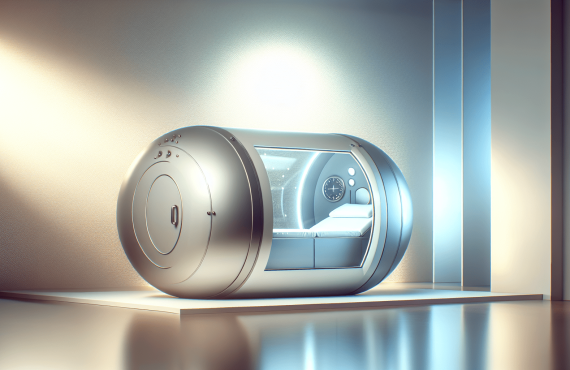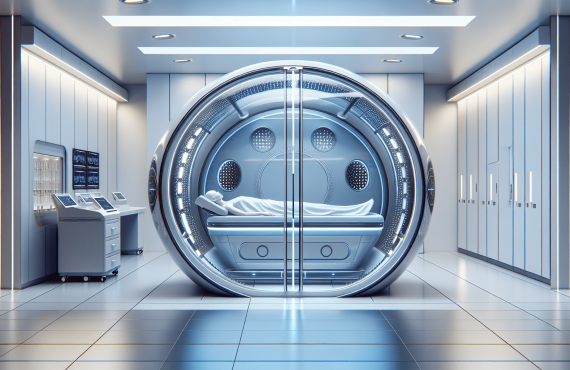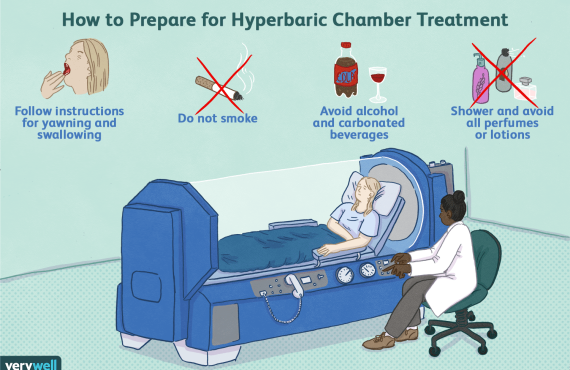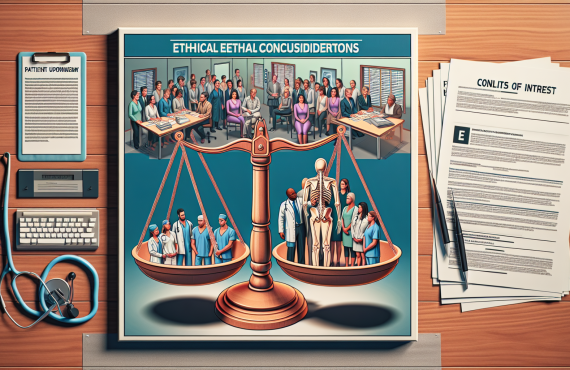Have you ever wondered if there’s a secret to adding more years to your life? Some people might tell you to eat better or exercise more, but technically savvy folks may refer to something a tad more advanced: oxygen therapy. Today, we’ll journey through this intriguing topic and ponder whether it truly holds the key to increasing life expectancy.
Table of Contents
Understanding Oxygen Therapy
Let’s start with the basics. Oxygen Therapy is essentially delivering more oxygen to your body than you would receive from the air you breathe every day. This high-level oxygen is believed to offer a range of benefits, especially when it’s administered in a pressurized environment. But how does this all piece together for a healthier, possibly longer life?
What is Hyperbaric Oxygen Therapy (HBOT)?
Imagine sitting in a futuristic chamber, feeling the change in pressure akin to being deep underwater, while you breathe pure oxygen. This is Hyperbaric Oxygen Therapy (HBOT) in a nutshell. It’s a method where breathing oxygen doesn’t just mean breathing better but a chance to amplify the oxygen saturation in your blood, akin to supercharging your body’s natural processes.
How Does HBOT Work?
Under normal circumstances, your lungs grab oxygen from the air to deliver to the essential hub of your body—your tissues—using your blood’s circulatory routes. But in the case of HBOT, an increase in atmospheric pressure inside the chamber is used. The outcome? Even more oxygen made available, diffusing into your blood plasma and reaching those pesky spots that often miss out under normal breathing conditions.
This surplus of oxygen can turbo-boost your body’s healing engine. You’ll find processes like tissue repair, inflammation reduction, and immune function get a welcoming boost. Furthermore, it aids in angiogenesis, where new blood vessels germinate, aiding in wound recovery and tissue overhaul.
Benefits and Applications of Oxygen Therapy
So, what can you expect if you subject yourself to this innovative therapy? Oxygen Therapy offers several potential advantages across various health conditions.
Oxygen Therapy for Wound Healing and Tissue Repair
One of the standout roles of oxygen therapy is in fast-tracking the recovery of stubborn wounds. It gives a helping hand where traditional treatments may fall short, like boosting collagen formation needed for healing.
Oxygen Therapy’s Ascent in Boosting Immune Function
An interesting role of oxygen therapy is in bettering your immune setup. Enhanced oxygen levels can assist your body in fighting infections more effectively. This link between oxygen therapy and a stronger, more reliable immune system is beneficial—designed, it seems, to help the troopers in your body soldier forth better.
Can Oxygen Therapy Bring About Better Brain Health?
The brain, being the powerhouse of our thoughts and actions, requires a constant supply of oxygen to function optimally. Oxygen therapy is sometimes believed to benefit conditions involving cognitive function by providing the brain with ample oxygen, potentially staving off decline and fostering clarity.
Managing Pain with Oxygen Therapy
Oxygen therapy might just be your answer if you’re grappling with chronic pain. The increased oxygen levels are thought to help reduce inflammation and discomfort, meaning fewer pain signals flashing mercilessly in your brain.
Enhancing Physical Performance
Athletes sometimes see oxygen therapy as a gateway to improved stamina and quicker muscle recovery. Giving muscles a treasured hit of oxygen may quicken the repair process after grueling workout sessions.

Examining the Claim: Does Oxygen Therapy Increase Life Expectancy?
Now for the burning question: Does all of this translate into living a longer life? While oxygen therapy comes with a treasure trove of touted benefits, its direct impact on life expectancy is a nuanced topic, and experts often debate the extent of its influence.
Evaluating Scientific Evidence
Research is still unraveling the profound depths of oxygen therapy’s potential. While studies reflect positive outcomes in specific cases and conditions, more extensive and long-term research is necessary to link therapy conclusively to increased life expectancy.
Subjective Improvement vs. Objective Extension
There’s a difference between living longer and living better. Oxygen therapy appears to be associated with enhancing quality of life, addressing chronic conditions, and improving overall wellness. The prospect of feeling better and more energetic may indirectly link to longer, more fulfilling life but can’t be promised as a direct extension.
The Role of Individual Health
The benefits of oxygen therapy can vary significantly from one person to another. Individual health conditions, lifestyle habits, and genetics play giant roles in how therapy translates to life benefits, making a one-size-fits-all verdict challenging.
FAQs
Let’s tackle some of the common questions you might have about oxygen therapy.
1. Is oxygen therapy safe for everyone?
Generally, oxygen therapy is considered safe. However, people with specific pre-existing conditions, such as untreated pneumothorax, must avoid it. Consulting with a healthcare provider is essential to ensure suitability.
2. How many sessions of oxygen therapy are needed?
The number of sessions varies depending on the condition being addressed. Some conditions may see improvement in a few treatments, while others may require more prolonged therapy.
3. Are there side effects to oxygen therapy?
While typically minimal, side effects can include ear discomfort or temporary vision changes due to increased pressure exposure. Most individuals undergo therapy without significant complications.
4. Can oxygen therapy replace medication?
Oxygen therapy is often used as a complementary treatment rather than a complete replacement for medication. It should be part of a holistic health approach crafted with the guidance of healthcare professionals.
5. How soon should one expect results?
As with many treatments, results vary. Some may observe benefits quickly, while others may require continued therapy to notice substantial improvements.

Where to Seek Expert Care
Living in or around Pensacola, Florida, and seeking to add oxygen therapy to your wellness regimen? You might consider visiting Henry Chiropractic. Equipped with trusted experts like Dr. Craig Henry and Dr. Aaron Hixon, the clinic offers comprehensive chiropractic care to help enhance your quality of life.
Dr. Henry’s clinic, located at 1823 N 9th Ave, Pensacola, FL, could be your next stop to explore how chiropractic treatments, complemented by possible oxygen therapy, might fit into your life. Reach out at (850) 435-7777 or check their website at drcraighenry.com.
Final Thought: The Promise of Oxygen Therapy
Oxygen therapy represents a fascinating intersection of medical innovation and natural healing processes. It’s clear: the conversation around its potential to enhance life expectancy is still ongoing. While more research is necessary to draw definitive conclusions, there’s growing enthusiasm about its broader potential in improving quality of life and addressing various health challenges. Until the research matures, we can enjoy the myriad of possible benefits while being informed about its working potential.
As you consider options like oxygen therapy, remember the body’s ability to heal and adapt is influenced by numerous factors, laying the foundation for an integrated approach to health.















